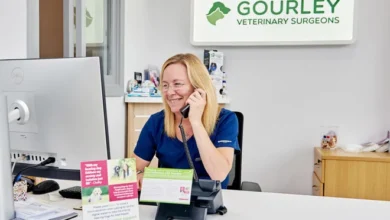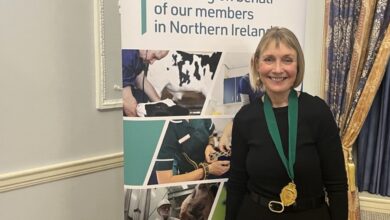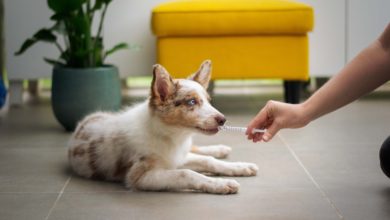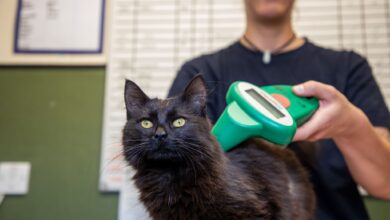Veterinary Nurse Council agrees to EU vet registration post-Brexit changes
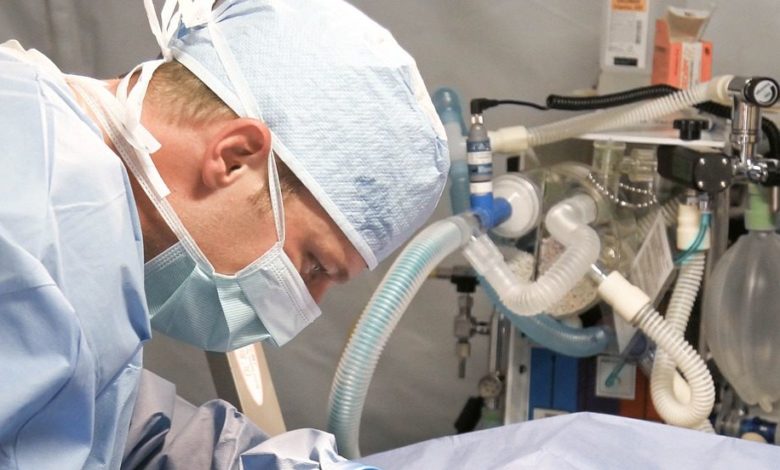
The Veterinary Nurses (VN) Council, part of the Royal College of Veterinary Surgeons (RCVS) has agreed changes to how it will register veterinary nurses who qualified in the European Economic Area (EEA) should the UK depart the EU without a deal on March 29.


